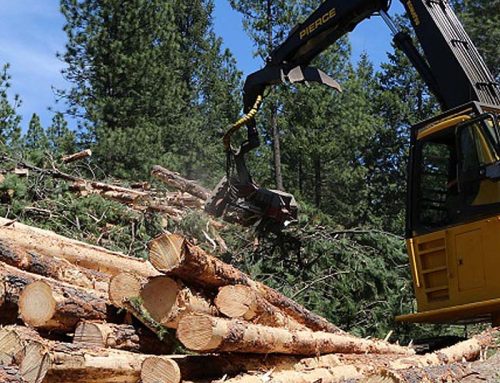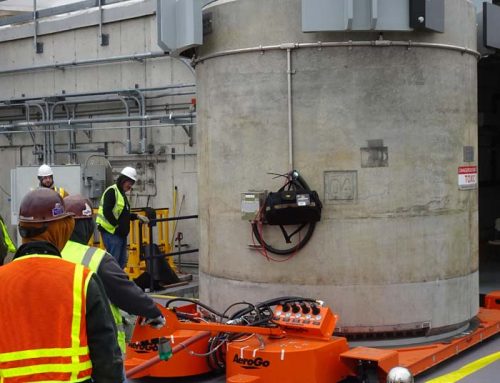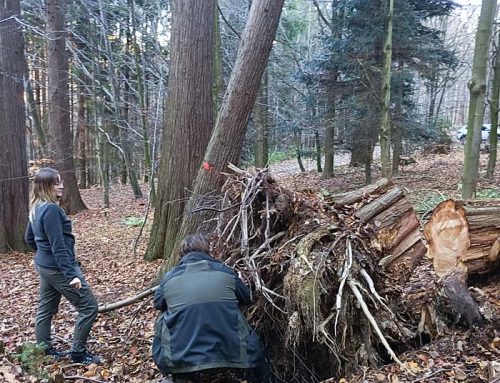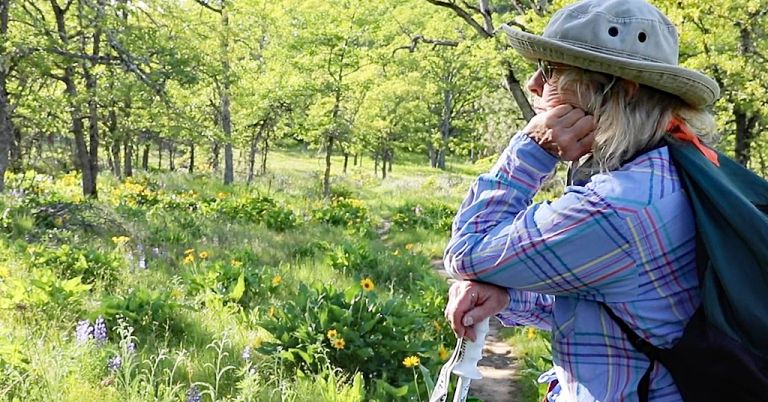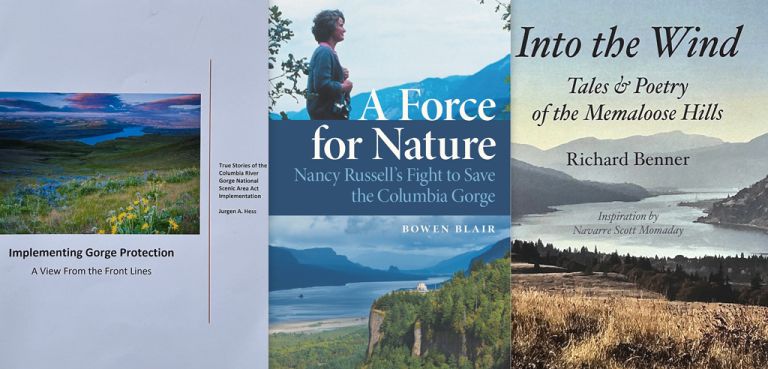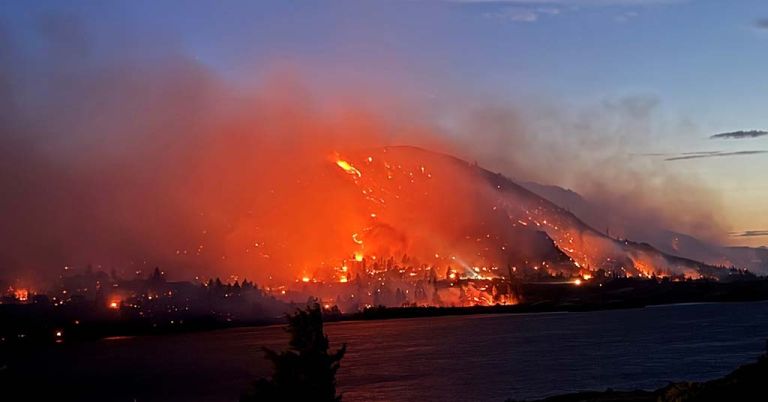“No Wind Turbines.” “We need jobs other than tourism.” These were two comments made at the Feb. 28 Gorge 2020 listening session at the Fort Dalles Readiness Center in The Dalles, Oregon. This was the last of three sessions hosted by the Gorge Commission and US Forest Service. Attendees were asked to identify issues that should be addressed in the Columbia River Gorge Scenic Area Management Plan revision.
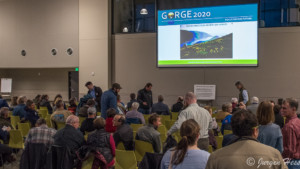
Gorge Plan Review Meeting
The federally designated National Scenic Area was established in 1986; the Management Plan completed in 1991. The Plan was revised in 2004 and is now scheduled for another revision that will use the public’s input gathered at these sessions.
The Columbia River Gorge National Scenic Area is over 85 miles long stretching from Troutdale to Maryhill with 292,000 acres in 6 counties in Oregon and Washington. The Gorge Commission and US Forest Service jointly manage the area. The Scenic Area has been recognized by National Geographic as one of the top natural wonders in the United States.
Commission Executive Director Krystyna Wolniakowski opened the meeting by stating, “We want to know what improvements to make to the Plan in the next ten years.” Over 80 people attended and were divided into six listening groups. Comments varied from emphasis on resource protection to more focus on economic enhancements. Affordable housing and regulating oil and coal trains were frequent subjects.
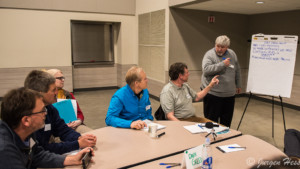
Group discussion
“This is an opportunity to listen and educate the Commission. The Act and Plan are complicated,” said Gorge Commission Chair, Bowen Blair. “There is really not as much of a dichotomy between protecting resources and the economy as some may think. The two purposes (the Scenic Area Act) are interconnected.”
Klickitat County Commissioner David Sauter walked around the hall listening to all of the groups, “There was a lot of similarity in comments. The Commission has a daunting task.”
Opportunities to be heard: You can submit online comments for this stage till March 8 to planreview@gorgecommission.org or fill out a form at the Commission’s website.
After sifting through comments, the Commission and Forest Service will identify which issues should be addressed in the ambitious revision process in 2017 and 2018. There will be workshops to discuss progress with a target date of June 2019 to complete the Plan Revision.


